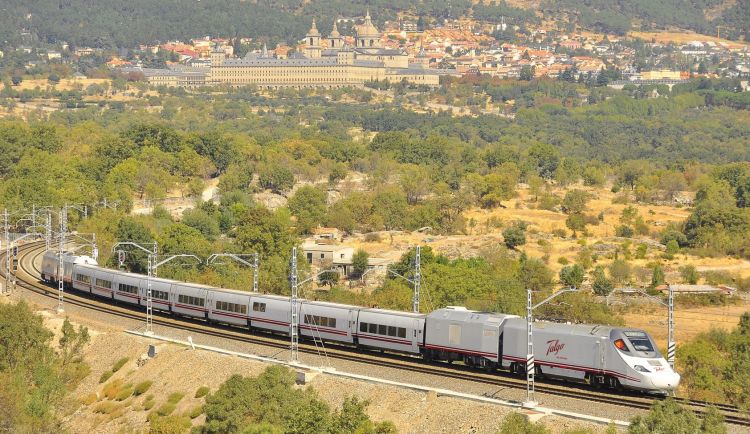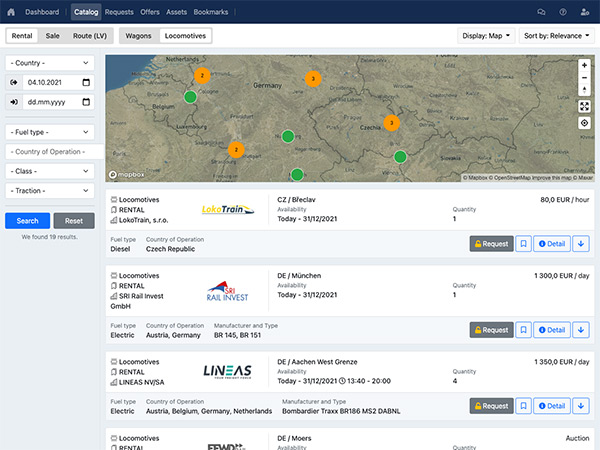In Spain, a consortium of ten companies was set up to develop high-speed rail travel by incorporating hydrogen propulsion into a Talgo 250 train. This initiative, known as the Hympulso project, is a part of the Strategic Projects for Economic Recovery and Transformation (PERTES) program. The objective is to create a hybrid propulsion system that combines hydrogen fuel cells and batteries, enabling the train to operate on clean energy, particularly on routes lacking electrical infrastructure.
The project, led by Talgo, includes prominent partners such as Golendus, Ingeteam, Repsol, Sener, and Optimus3D, along with collaboration from Universidad Pontificia Comillas and Tecnalia, and observation by Adif. Funded with a €6.5 million grant, Hympulso aims to encompass the entire renewable hydrogen value chain within the railway sector, starting from production to end-use. This will allow for an assessment of the impact on various railway assets managed by Adif, including maintenance facilities and tracks.
The project's highlight is the development of a hybrid bimodal train prototype, capable of operating on both conventional and high-speed rail networks. This train will use electricity from overhead lines where available, and switch to hydrogen and battery power on non-electrified sections.
The Talgo 250 train, central to this project, will be modified to replace one of its diesel-powered technical end cars with a new unit equipped with hydrogen fuel cells and batteries. This will enable the train to use 100% green hydrogen for electricity generation.
Each participating company has a specific role in the project:
- Ingeteam will develop high-power converters for charging batteries from overhead lines
-
Repsol and Golendus are tasked with constructing two hydrogen refuelling facilities, with Repsol focusing on a mobile facility and Golendus on a stationary one
-
Sener will conduct risk analyses and operation simulations for the hydrogen facilities and railway infrastructure
-
Optimus3D, an SME, will work on developing new materials and processes using additive manufacturing for hydrogen applications
-
Additionally, Adif will contribute to the project by developing safety requirements for the railway infrastructure and standardizing hydrogen refuelling facilities, as part of its broader hydrogen strategy

